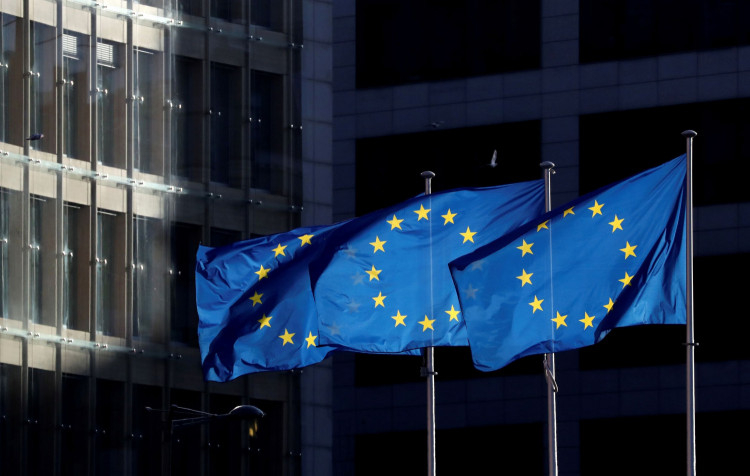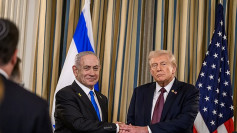The European Union on Tuesday announced its most ambitious energy policy shift since the start of the Ukraine war, unveiling a roadmap to ban all Russian gas imports - both pipeline and liquefied - by the end of 2027. The plan also includes a proposal to halt all new contracts and spot purchases by the close of 2025, signaling a sharp turn in the bloc's energy strategy.
EU Energy Commissioner Dan Jorgensen, speaking at a press conference in Brussels, said, "Today the European Union sends a very clear message to Russia: no more, no more, will we permit Russia to weaponise energy against us." He added, "No more will we indirectly help fill up the war chest in the Kremlin."
The Commission's two-step plan would require member states to terminate existing gas contracts with Russian suppliers, including long-term agreements, and prohibit new spot market purchases starting in 2025. A full ban on remaining imports is scheduled for 2027.
European Commission President Ursula von der Leyen emphasized the broader geopolitical stakes. "Energy that comes to our continent should not pay for a war of aggression against Ukraine," she said. "We owe this to our citizens, to our companies, and to our brave Ukrainian friends."
The EU's dependency on Russian gas has declined significantly since 2021, when Russia supplied 45% of the bloc's gas. Today, that figure stands around 17.5%, according to EU data, with some sources citing a high of 19%. Russian oil imports have fallen from 27% to just 3%, while Russian coal is already banned.
The proposed legislation, which still requires formal approval from EU member states, comes amid renewed criticism over the bloc's continued purchases of Russian liquefied natural gas. France, for example, increased LNG imports from Russia by 81% between 2023 and 2024, generating €2.68 billion ($3 billion) in revenue for Moscow.
The roadmap includes language allowing European firms to invoke force majeure to exit Russian energy contracts early, citing Russia's invasion of Ukraine as legal justification. Member states such as Hungary and Slovakia - long considered obstacles to tighter sanctions - will be required to submit individual phase-out plans by year's end.
The EU is also targeting Russian nuclear exports, especially enriched uranium and services tied to Soviet-designed VVER reactors. A new "European Radioisotopes Valley Initiative" aims to increase the bloc's autonomy in nuclear medicine and energy.
The transition will be supported by increased liquefied natural gas imports, with capacity expected to expand by 200 billion cubic meters by 2028. The United States, already the EU's top LNG supplier with 45.3% market share, is expected to play a key role in filling the supply gap. EU trade chief Maros Sefcovic told the Financial Times that greater U.S. LNG and soybean imports could also help ease tariff tensions with Washington.
Despite the momentum, the Commission acknowledges challenges ahead. "We all know that there is so much more to do," von der Leyen said. Analysts warn of possible friction from member states still heavily reliant on Russian energy and caution that voters, already strained by the post-2022 energy price surge, may resist further disruption.






